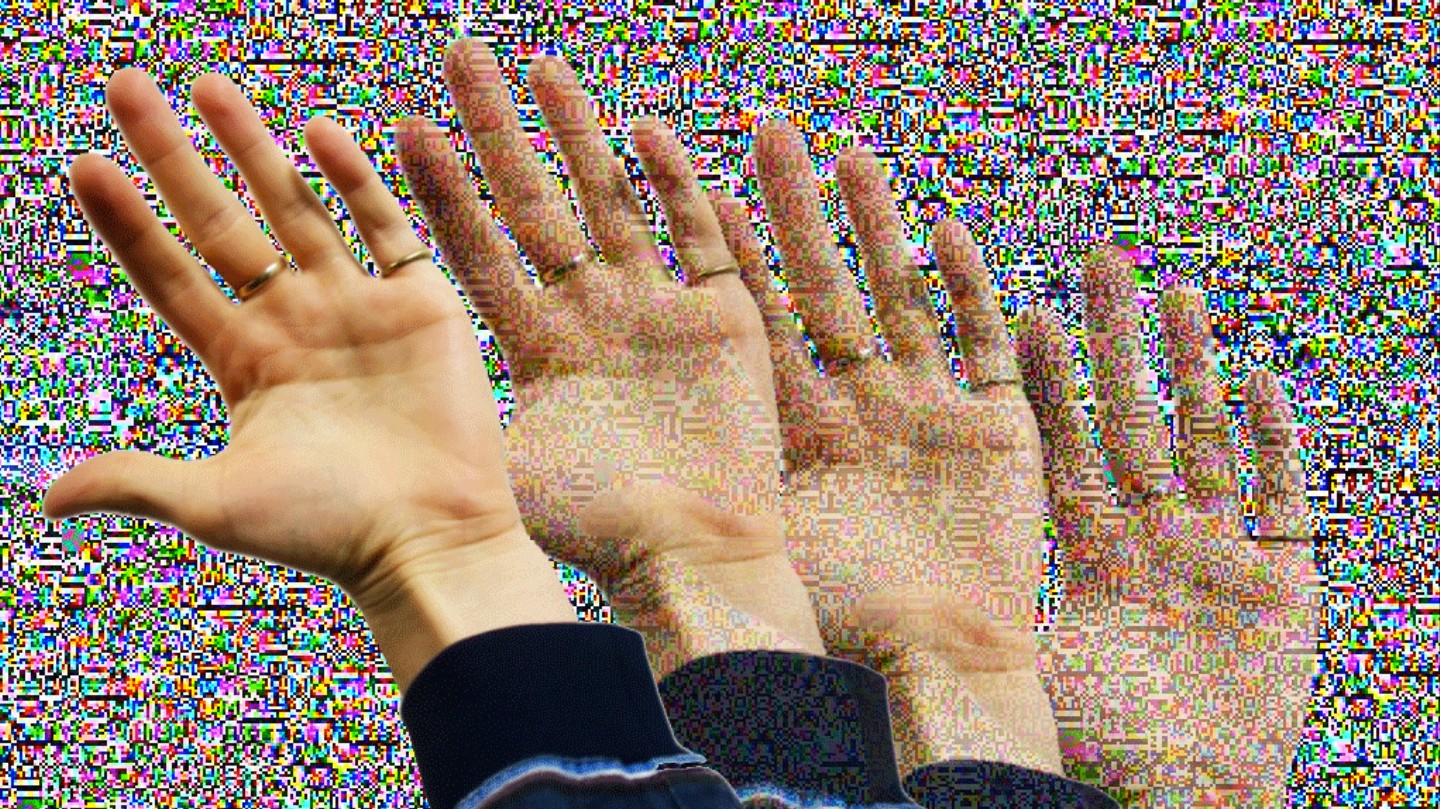source:
https://www.vice.com/en_us/article/7xkxey/when-drugs-fuck-you-up-forever-safe-seshwatch: The Godfather of the Dangerous LSD Substitute NBOMe video at the link aboveWhen Drugs Fuck You Up Forever Hallucinogen Persisting Perception Disorder is a condition that can leave drug users experiencing hallucinations for the rest of their lives.
Hallucinogen Persisting Perception Disorder is a condition that can leave drug users experiencing hallucinations for the rest of their lives.
When Alex Miller, 21, was in high school he bought a bottle of over-the-counter cough medicine to get high. Earlier that day he'd also taken Adderall, the prescription medication for ADHD, something he did often because he was struggling with an amphetamine addiction at the time.
"So I had taken a stimulant in the morning and then took a dissociative later. This was a foolish combination," he told me. "The next day, I woke up and I had slight trails in my vision. It was barely noticeable, but I instantly knew something was wrong because that side effect should have gone away by then."
For weeks, Miller's vision was affected—he saw tiny streaks of lights following objects as they moved. At first, it didn't bother him too much, he said, as it was quite mild. As time went on, however, he became increasingly concerned as the trails just weren't going away. That was four years ago, and since then his visual disturbances have only become a lot worse and more pronounced.
"Am I going to be blind when I'm 30? Am I not going to be able to walk down a busy street? Will I still be able to drive? That's what goes through my mind," he said.
Miller has Hallucinogen Persisting Perception Disorder (HPPD), a poorly understood condition that you can only get if you've taken hallucinogenic drugs. It can cause disturbing visual effects, like halos around objects, seeing things that aren't there in your peripheral vision, and afterimages.
While not life-threatening, the condition affects daily life and can be so distressing that sufferers can end up with mental health issues (researchers believe that people with HPPD have a 50 percent risk of developing depression). While HPPD is most often associated with acid, it's also linked to other substances, including MDMA and amphetamines.
There's currently no cure for it; at best, the symptoms can be managed through a combination of medication and talk therapy. It can last for months or years, and in some cases, an entire lifetime. One study in the UK examined the case of a man in his late forties who had suffered from HPPD for over 25 years.
"There is no real great treatment for it," said Dr. Henry Abraham, a psychiatry lecturer at Tufts University and one of the few scientists in the world researching HPPD. "We've tried all kinds of things, we've published papers, but there is no cure for HPPD other than mother nature."
Miller said that, at first, he wasn't even seeking proper treatment for his HPPD. "For a while, I was self-medicated, trying to distract myself from the problem," he said. "I was using stimulants to do that. Everyone will say the best option for you is abstinence from drugs, but that can be a lot for some people."
Miller, who's now in a recovery program for his drug addiction, is currently taking quetiapine, an antipsychotic, to manage his symptoms and is finding that it's working. He had previously taken benzodiazepine to some success; the psychoactive drug is often given to HPPD sufferers but carries its own set of risks.
"Benzos can be used safely as long as the person isn't at risk of becoming dependent," Abraham said. "It's a first line of defense, but not a cure." Abraham emphasized that anyone with HPPD should avoid recreational substances, especially marijuana, at all costs. He also added that his research has found that practicing mindfulness can be very helpful in alleviating symptoms and managing the condition.








